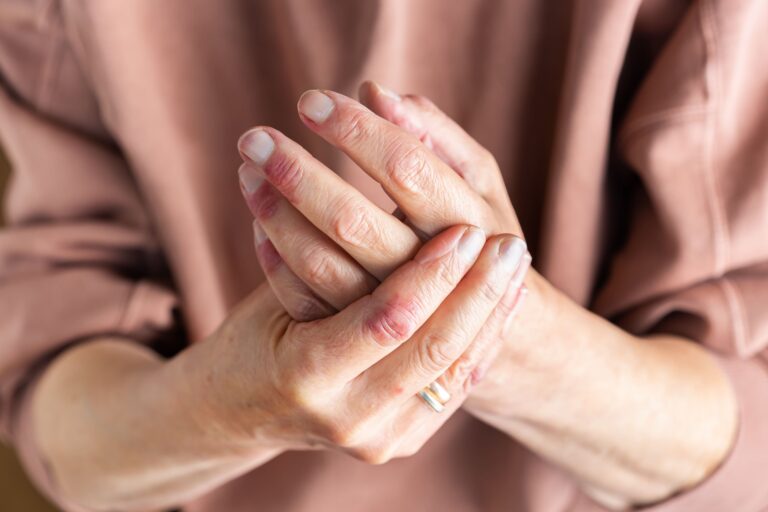Eczema is a common, chronic skin condition that affects millions of people worldwide. It can be frustrating and uncomfortable, but with the right care and treatment, it can be managed effectively. At Texas Skin & Vein, our team of experienced dermatologists is dedicated to helping you understand eczema, its various types, and the available treatments. In this blog post, we’ll give you a general overview of eczema, its causes, possible treatments, and when to seek medical intervention.
manage your eczema effectively.
If your eczema symptoms are persistent, severe, or causing significant discomfort, it's essential to seek medical intervention. A dermatologist can help diagnose the specific type of eczema, identify triggers, and develop a tailored treatment plan to manage your symptoms.
Schedule An Appointment Today!What is Eczema?
Eczema, also known as atopic dermatitis, is a chronic inflammatory skin condition characterized by red, itchy, and sometimes scaly patches on the skin. While eczema can affect people of all ages, it is most common in infants and young children. The exact cause of eczema is unknown, but it is believed to be a combination of genetic and environmental factors. Common triggers include allergens, irritants, stress, and changes in temperature or humidity.
Types of Eczema
There are several types of eczema, with atopic dermatitis being the most common. Other types include:
- Contact dermatitis: This form of eczema is caused by direct contact with an allergen or irritant, such as poison ivy, nickel, or harsh chemicals.
- Dyshidrotic eczema: This type affects the hands and feet and is characterized by small, itchy blisters.
- Nummular eczema: Also known as discoid eczema, this type causes coin-shaped patches of irritated skin, often on the legs and torso.
- Seborrheic dermatitis: This form of eczema affects areas with a high concentration of oil glands, such as the scalp, face, and upper body.
Possible Treatments
There is no cure for eczema, but a variety of treatments can help manage symptoms and reduce flare-ups. These may include:
- Topical corticosteroids: These creams or ointments help reduce inflammation and itching. They are available in various strengths and should be used under a dermatologist’s guidance.
- Moisturizers: Regular use of fragrance-free, hypoallergenic moisturizers can help maintain the skin’s barrier function and reduce dryness.
- Antihistamines: Oral antihistamines can help alleviate itching, especially at night.
- Phototherapy: Exposure to controlled amounts of ultraviolet light can help improve eczema symptoms in some cases.
- Immunomodulators: These medications, such as tacrolimus and pimecrolimus, help regulate the immune system’s response to eczema.
Eczema is a complex skin condition with various types and triggers. Understanding your eczema and seeking appropriate treatment can help




